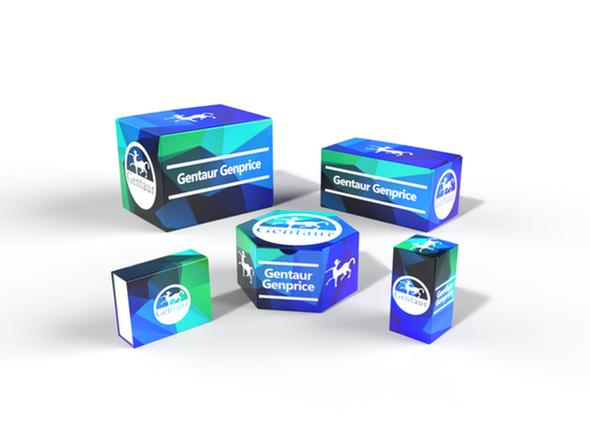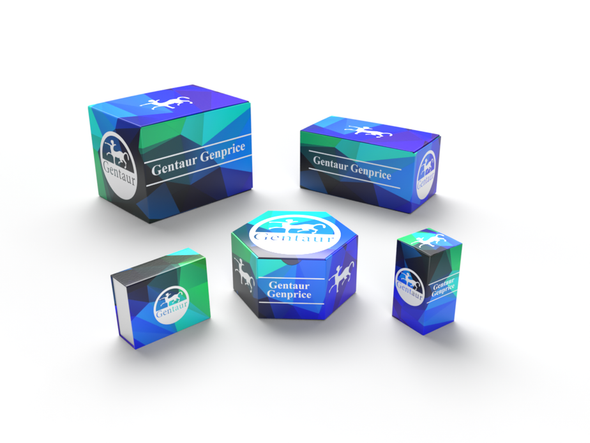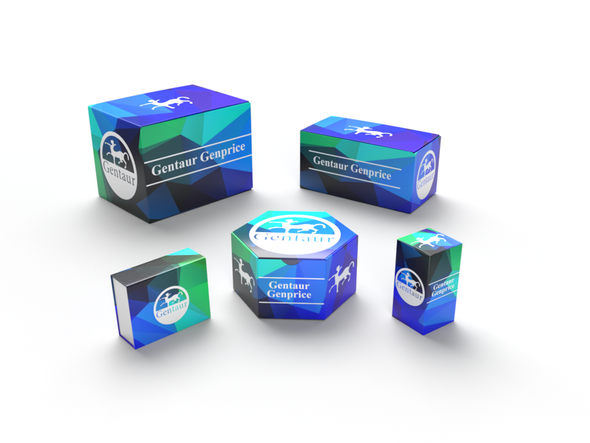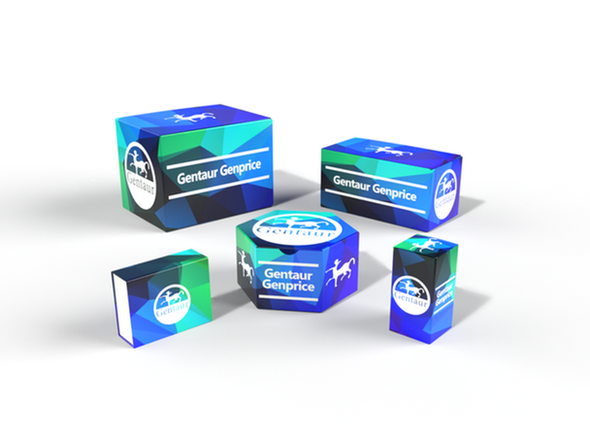740
Chicken Lipopolysaccharides (LPS) ELISA Kit | AE62926CH
- SKU:
- 740-AE62926CH
- Availability:
- Usually ships in 5 working days
Description
Chicken Lipopolysaccharides (LPS) ELISA Kit | AE62926CH | Gentaur UK, US & Europe Distribution
Species Reactivity: Chicken (Gallus)
Abbreviation: LPS
Alternative Name: N/A
Application: ELISA
Range: 12.35-1000 ng/mL
Sensitivity: 4.93 ng/mL
Intra-Assay: ≤4.0%
Inter-Assay: ≤7.8%
Recovery: 0, 99
Sample Type: Serum, Plasma, Other biological fluids
Detection Method: Sandwich
Analysis Method : Quantitive
Test Principale: This assay employs a two-site sandwich ELISA to quantitate LPS in samples. An antibody specific for LPS has been pre-coated onto a microplate. Standards and samples are pipetted into the wells and anyLPS present is bound by the immobilized antibody. After removing any unbound substances, a biotin-conjugated antibody specific for LPS is added to the wells. After washing, Streptavidin conjugated Horseradish Peroxidase (HRP) is added to the wells. Following a wash to remove any unbound avidin-enzyme reagent, a substrate solution is added to the wells and color develops in proportion to the amount of LPS bound in the initial step. The color development is stopped and the intensity of the color is measured.
Product Overview: LPS is a major component of the outer membrane of Gram-negative bacteria, contributing greatly to the structural integrity of the bacteria, and protecting the membrane from certain kinds of chemical attack. LPS also increases the negative charge of the cell membrane and helps stabilize the overall membrane structure. It is of crucial importance to gram negative bacteria, whose death results if it is mutated or removed.LPS is an endotoxin, and induces a strong response from normal animal immune systems.LPS acts as the prototypical endotoxin because it binds the CD14/TLR4/MD2 receptor complex, which promotes the secretion of pro-inflammatory cytokines in many cell types, but especially in macrophages. In Immunology, the term "LPS challenge" refers to the process of exposing a subject to an LPS which may act as a toxin.
Stability: The stability of ELISA kit is determined by the loss rate of activity. The loss rate of this kit is less than 5% within the expiration date under appropriate storage condition. The loss rate was determined by accelerated thermal degradation test. Keep the kit at 37°C for 4 and 7 days, and compare O.D.values of the kit kept at 37°C with that of at recommended temperature. (referring from China Biological Products Standard, which was calculated by the Arrhenius equation. For ELISA kit, 4 days storage at 37°C can be considered as 6 months at 2 - 8°C, which means 7 days at 37°C equaling 12 months at 2 - 8°C) .






